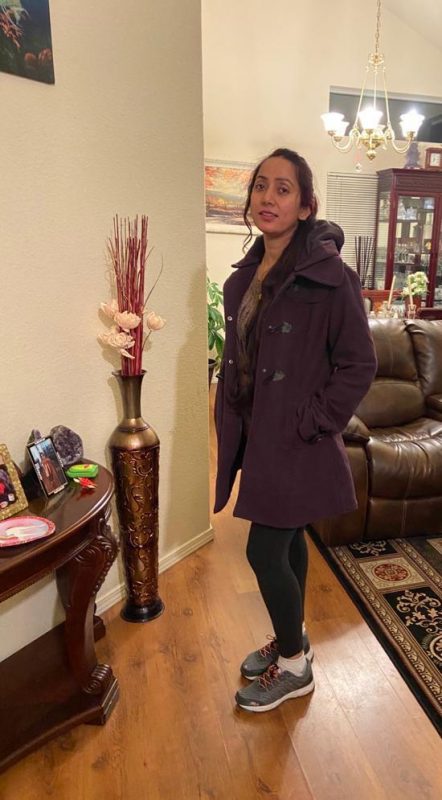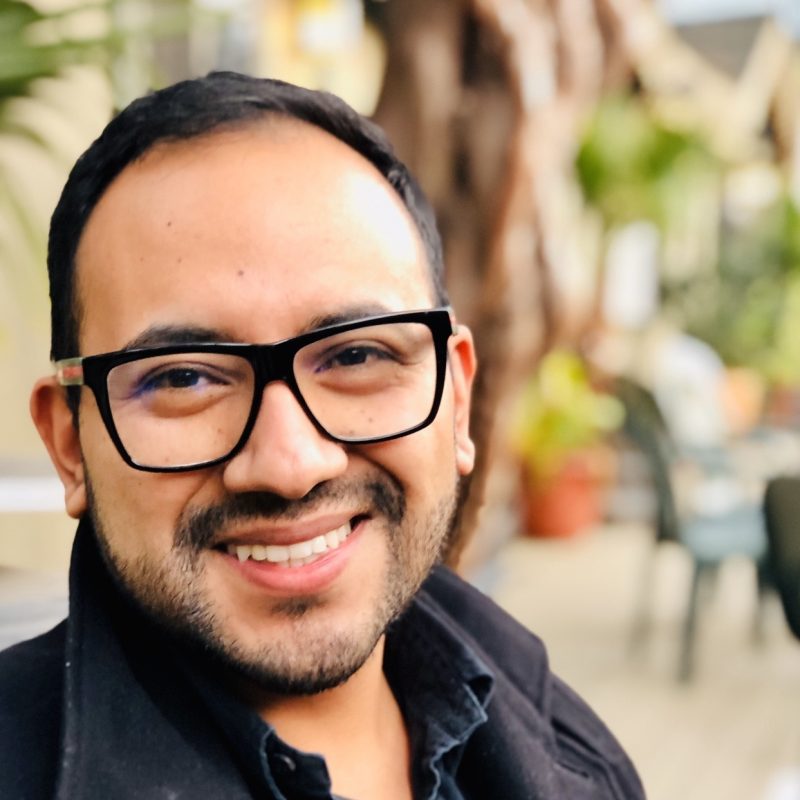Although the life of a student is never easy, the lives of international students and faculty can present even more challenges. Part of this can be the struggle to find their place in a new community while still trying to help their own back in their home country.
Being an immigrant can come with its privileges but this isn’t always the case. While the educational, social, and economic well-being of all immigrants who experience asylum or immigration differs from country to country, there is still so much to learn from these immigrants, their experiences, their stories and successes, and their culture, languages and lifestyles.
Sometimes international students and faculty must settle in a neighborhood that is not what they desire at first. They need to re-establish themselves in the country that they are in and get to know their environment from the beginning, which takes time, possibly years.
Some students and faculty went far in education in their home country, but when they come to the United States, they need to reevaluate their degrees. Some are privileged to know the English language, but if they studied their field in another language, they have to start the education journey from the beginning.
Some immigrants, like me, will go beyond imagination in their immigration stories and pursue their dreams in real life. Since I am from the unsecure country of Afghanistan, I had to travel all my life to a better and safer country where we could find food, education, shelter and security. I was about 3 years old when we traveled to Pakistan and we stayed there for five years. Then we migrated to Iran until the Taliban regime was defeated by the U.S. army. We then went back to Afghanistan and stayed there for another five to six years until my family traveled to Tajikistan when I was about 14 years old.
Throughout our travels through these countries, including Afghanistan, we suffered from poverty. I remember one day all we had were two rupees to buy ice in Pakistan because it was so hot in summer we couldn’t drink hot water. My brother and my father tried all kinds of jobs to make ends meet, but as we all know, developing countries are the worst in terms of employment, a stable economy, and having a good system for feeding their people.
When I was in Tajikistan, I lost hope for living because I was so tired of my situation. I attempted suicide many times, but was fortunately unsuccessful and with not much harm to my body but more to my mind. My trauma developed from all that I had experienced from childhood through being young in Afghanistan and other poor countries.
Being poor was not the only problem but also security, education and community morals. In Tajikistan, I noticed little girls lashing out toward other kids, and in situations like these almost everyone who has a deep consciousness of their surroundings would feel bad. When I was in my teenage years in Tajikistan, I didn’t experience a good community and that was where I developed depression, PTSD, social anxiety and, worst of all, bipolar disorder.
When I first arrived in the U.S, I fell in love with someone that was from Afghanistan but was living in India. I sponsored them to come live with me in the U.S. because he was a very good classmate of mine back in Afghanistan and I thought he might have good standards and morals. Unfortunately, I was betrayed over a visa and the dream for a free life. My experiences are where my passion grows for writing, so one day I will be able to write my book and tell my story to the world. That I faced many obstacles and injustices in my life, but I never gave up on my dreams and my education.
Upon arrival to the U.S., I worked many jobs including housekeeping, cashiering and being a technician for Apple products in a company where most Afghans in Sacramento start their first job. In all these jobs I suffered from the behavior of uneducated people who just finished high school and were managers and high-rank workers in their jobs but did not know how to behave. That was when I decided to dedicate myself and my time to education so in the future I will be able to help my community and myself better. Also for my mental health, I was not able to work in those jobs anymore, where I was insulted and hurt every day. I then took loans, financial aid and scholarships from college to be able to support myself for a better education.
These challenges prove difficult for both students wanting to educate themselves as well as faculty who had that same dream. Professor Angel Contreras is currently teaching anatomy and physiology 1 and 2 at Cosumnes River College and he also holds a master’s degree in biotechnology from Mexico. Although he had a degree in the medical field, at first it was hard for him to get a job in the medical field in America. He then changed his career path to become a professor and worked hard to pass his exams so he could get his dream job in research.
“When I moved, I couldn’t practice medicine here in the States? So what I did, and I continue doing, is practicing my medical stuff over the summers … because I’m able to go to my home country, and I am able to do that,” Contreras said. “However, if that was the only thing that I really wanted to do in my life, it would have been difficult for me, and it is still just knowing that that’s not a possibility. It could be a possibility, but it will take me many, many years to go back. Having this background in one place and trying to bring that into another place. There’s no full connection between the two things so it could be hard.”
Contreras expresses his happiness teaching these subjects now at CRC. “One thing that is making me every single day a better doctor is that I’m a professor, that I’m teaching. That’s one of the things that whenever we have conversations and we talk and we have discussions like scientific discussions and medical discussions, I always tend to look outside of the box and kind of from different perspectives. And I think I teach in a very particular setting,” he said. “Sometimes I was able to even diagnose some patients in a way that I wouldn’t have done if I didn’t have this experience of teaching, like every day because I teach for many hours a day.”
With how the college systems could help professors like him, he thinks, “more security in terms of, you know, job situations and retention.”
Baljinder Gill is a student on the CRC campus and is working on getting a degree in nursing. Baljinder is from India, with a master’s in art as well as a teaching job there, where she also married her husband and moved to the U.S.. Prior to coming to California, she had completed her English language teaching requirements and took the IELTS(International English Language Testing System) test there. But she still struggles with different English accents and is nervous when going shopping or in public so people do not misjudge her by her accent.

“The hardest part for me over here is the accent because when I came here, I couldn’t understand English the way the people speak,” she said. “It is a very hard part for me because I am not from a big city. The main problem is if I come from a big city like Delhi, or Mumbai, and maybe I can understand. But I just came from a small town just like the countryside. So when I speak I cannot understand what they are talking about. I know English very well [like] to write and to understand in India but not here.”
Baljinder misses her home country every now and then and she says the most difficult part is leaving her culture, her parents, her friends and everything behind to start a new life here.
She added, “the best part for me is to get the opportunity to study. It doesn’t matter how old you are. … That’s what I like over here because I always want to be in the nursing field and go to nursing school. But in my country, I have no facility for doing that nursing program. But when I came here, I found out how I can go step by step for the nursing program. I can flourish in the future so I can achieve my dream which I signed in my childhood and be a nurse.”
Baljinder said likes the classes that are free in community college, and she wishes to have more scholarships for students, so they better be a help for the student to continue his or her education.
























